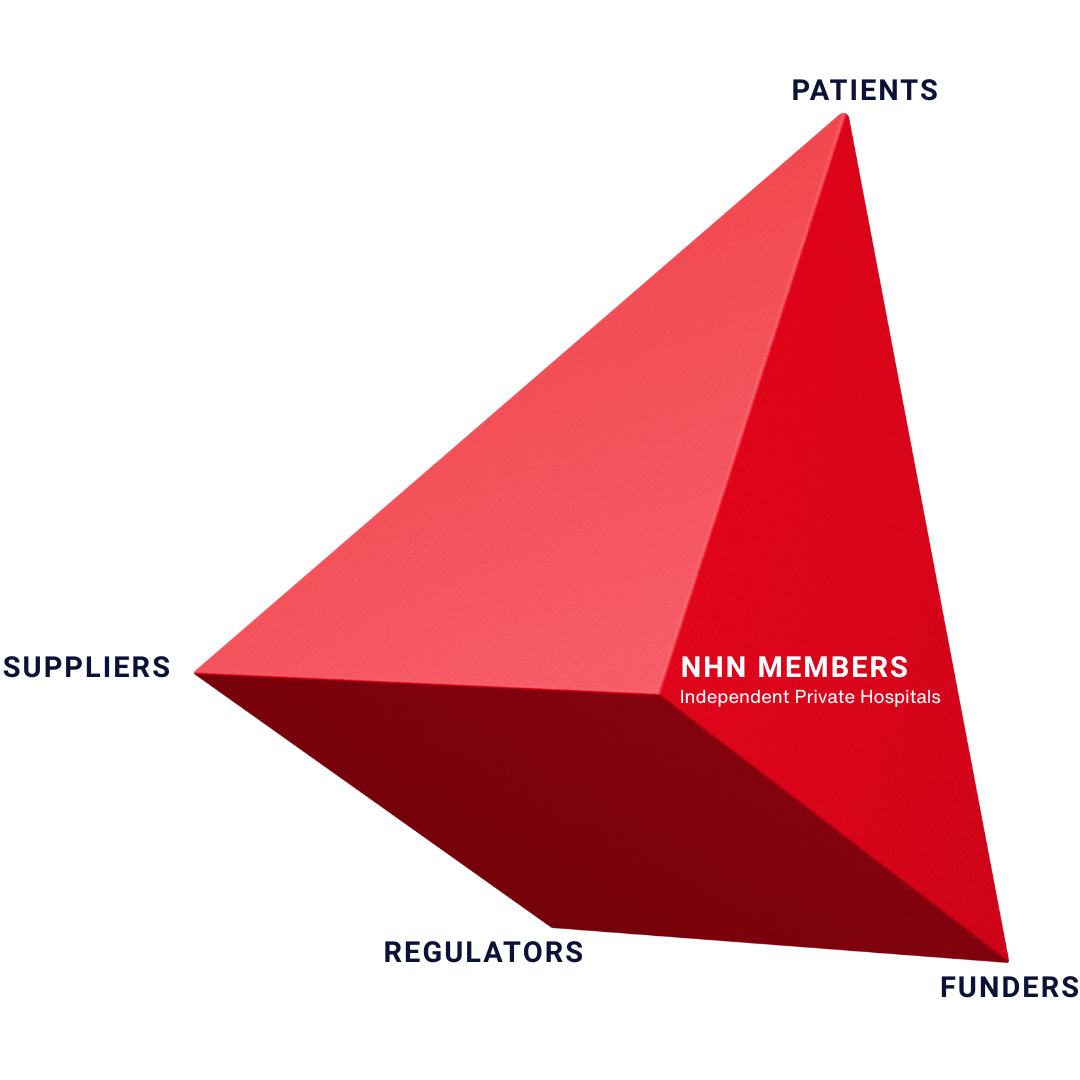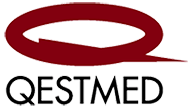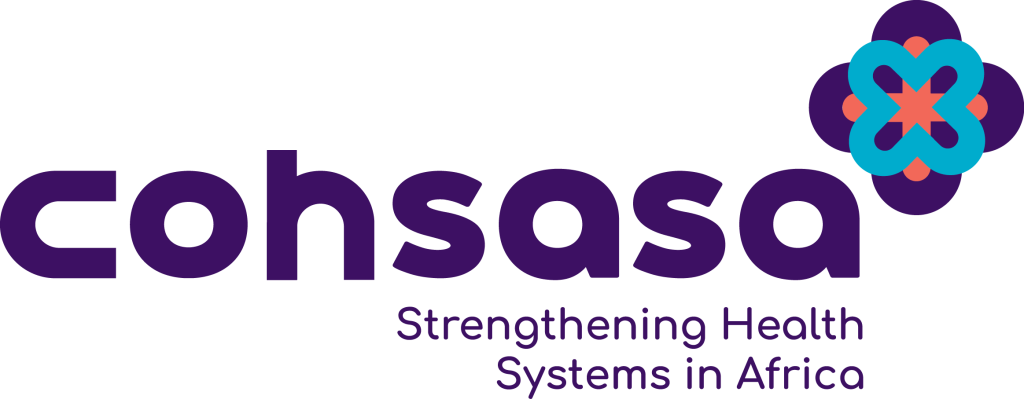
United for Better Care
The National Hospital Network (NHN) unites South Africa’s leading independently owned private hospitals to strengthen collaboration, enhance cost-effectiveness, and champion equitable access to quality healthcare. Founded in 1996 to level the playing field in a market dominated by large hospital groups, the NHN continues to empower independent hospitals to thrive through shared purpose, innovation, and collective strength.















